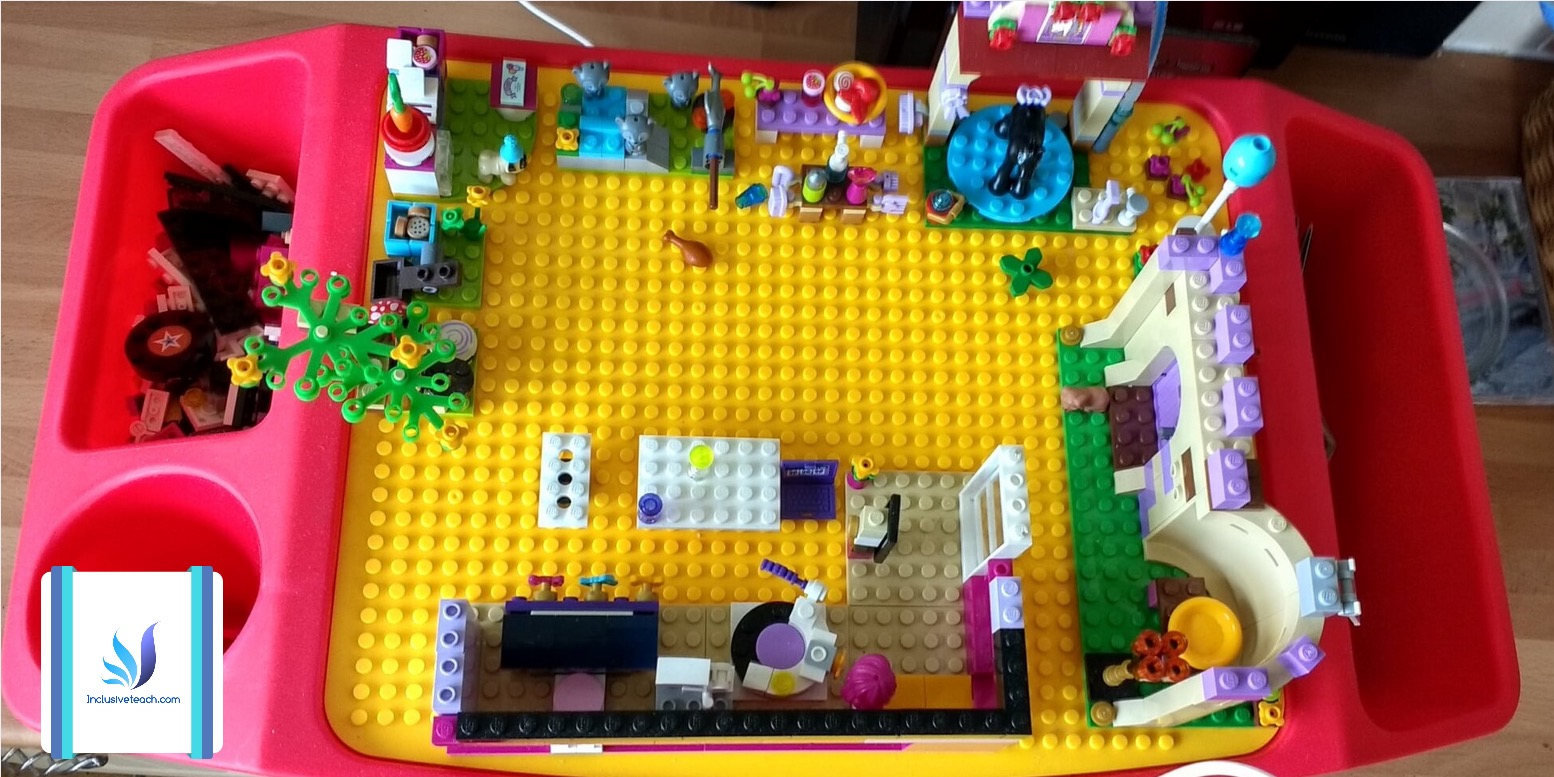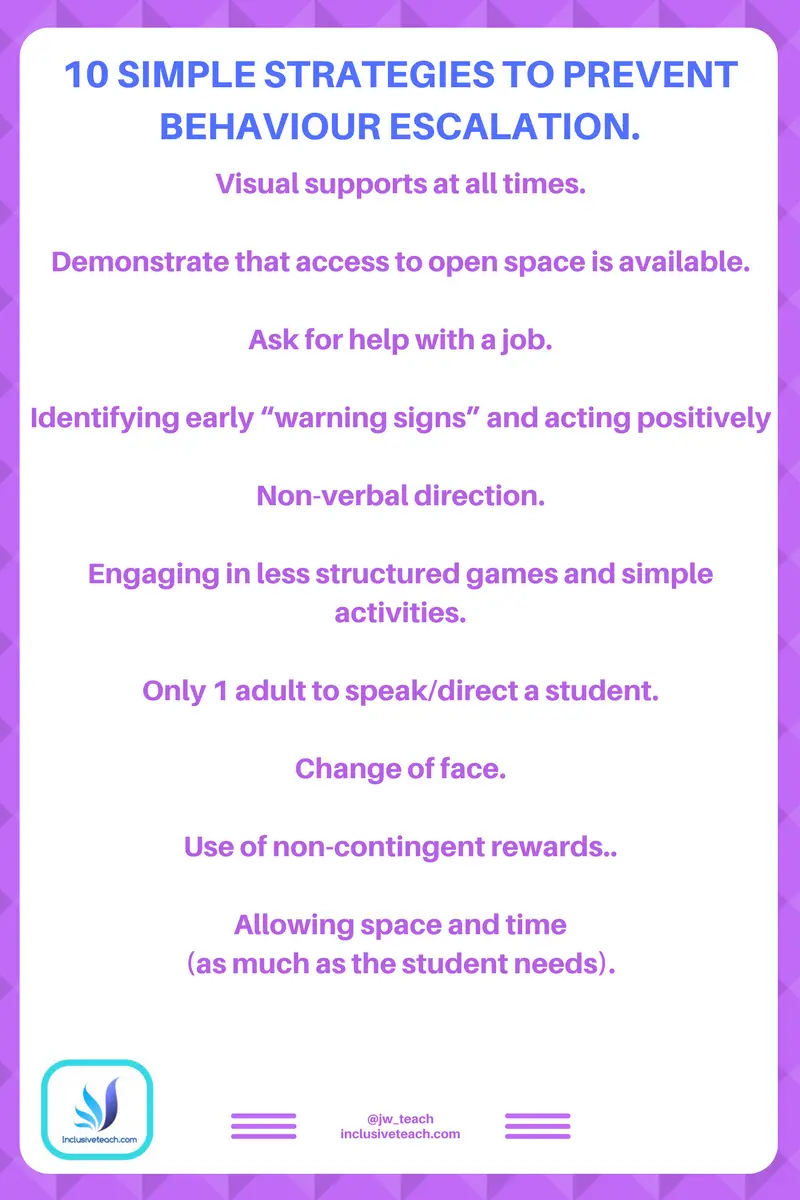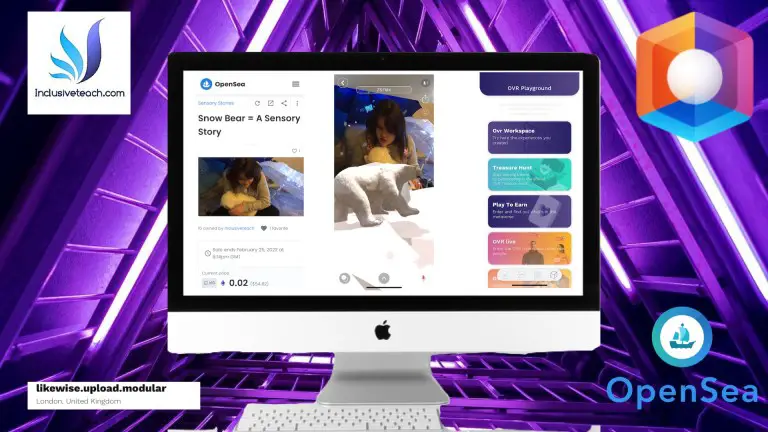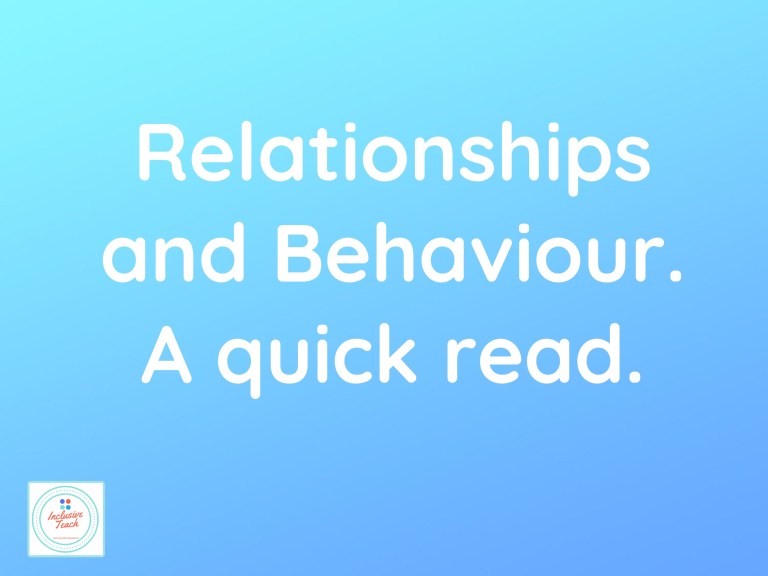10 Simple Strategies to Prevent Behaviour Escalation.
These are 10 simple ways to prevent challenging behaviour escalation by making small changes to your interactions. In our PBS training these are called active interventions. In reality there are thousands of these, the better you know the child the more adept you will become at identifying the most effective strategies in your teacher’s toolkit of behaviour deescalation techniques. I would love hear the strategies that have worked for you. Please add your ideas about supporting challenging behaviour to the comments below!
10 Strategies to prevent behaviour escalation.
Visual supports at all times – Social stories, wait cards, timers.
Demonstrate that access to gardens or open space is available.
Ask for help with a job.
Identifying early “warning signs” and acting positively before escalation occurs – Not using “No” or “Stop”.
Non-verbal direction – i.e show a favoured object rather than making a verbal request request.
Engaging in less structured games and simple activities during choice & break times (even just parallel play).

Allowing only 1 adult to speak/direct a student.
Change of face – Don’t be afraid to back down you are an adult.
Use of non-contingent rewards when you identify a potential issue.
Allowing space and time (as much as the student needs).
Avoiding Distress for Staff and Pupils
Using these interventions I have managed to avoid situations that would have resulted in distress and disruption to the children I work with. Next time you think a child is in need of some support give these a go. Behaviour escalation is not per-determined. We as trained professionals have a responsibility to ensure our actions don’t negatively influence the outcome of stressful situations. There are times things don’t go to plan. I have found that having a post incident reflection or debriefing can really help, especially if this feeds into developing a behaviour support plan.
This page contains a huge range of books that can help when formulating behaviour training programs. Positive Behaviour Support is an overused term. If you are willing to attempt to reduce the incidents of behaviour escalation then you are not truly following a PBS system.








4 Comments